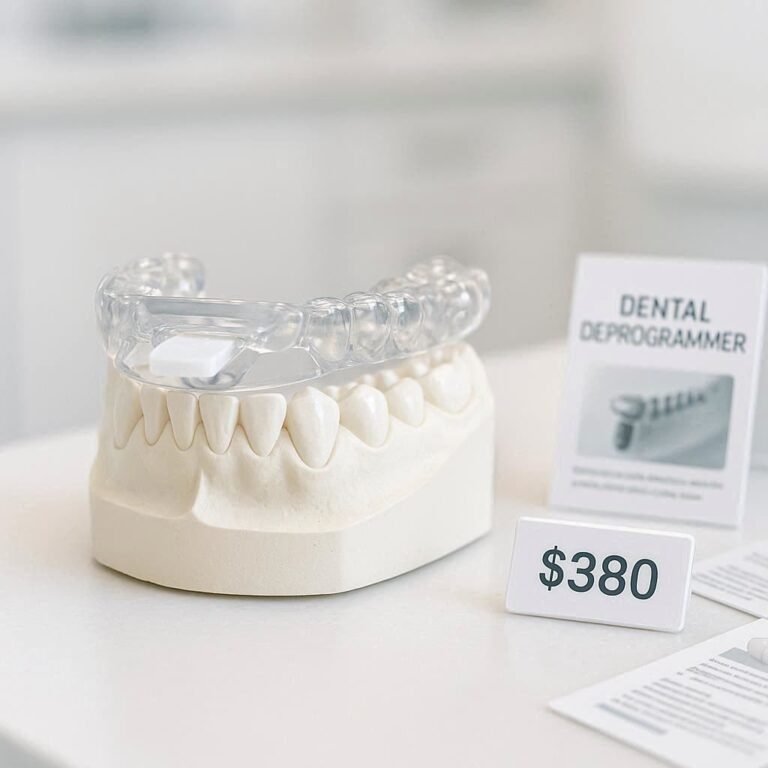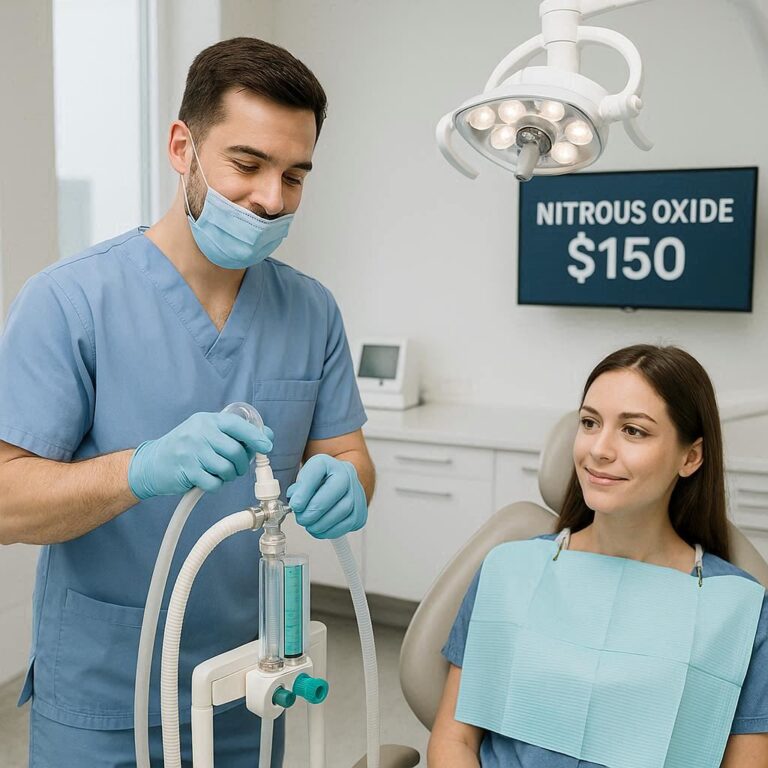The Comprehensive Guide to Dental Hygienist Degree Program Costs
Becoming a dental hygienist is a rewarding career choice, offering job stability, competitive salaries, and opportunities for growth. However, one of the biggest concerns for aspiring dental hygienists is the cost of education. Understanding the full financial commitment—from tuition fees to hidden expenses—can help students make informed decisions.
This guide provides an in-depth analysis of dental hygienist degree program costs, covering different program types, financial aid options, and strategies to minimize expenses while maximizing career prospects.

Why Pursue a Dental Hygienist Degree?
Dental hygienists play a crucial role in oral healthcare, performing cleanings, taking X-rays, and educating patients on proper dental care. The profession boasts:
-
High demand (Projected 7% job growth from 2022-2032, per the U.S. Bureau of Labor Statistics).
-
Flexible work schedules (Part-time and full-time opportunities in private practices, hospitals, and public health).
-
Competitive salaries (Median annual wage of $81,400 as of 2022).
Given these benefits, investing in a dental hygiene education can lead to a stable and lucrative career.
Types of Dental Hygienist Programs
1. Certificate/Diploma Programs
-
Duration: 12-18 months
-
Cost: 5,000−20,000
-
Best for: Students seeking quick entry into the workforce.
2. Associate Degree Programs (Most Common)
-
Duration: 2-3 years
-
Cost: 10,000−40,000
-
Accreditation: Required for licensure in most states.
3. Bachelor’s Degree Programs
-
Duration: 4 years
-
Cost: 30,000−100,000+
-
Advantages: Better career advancement (e.g., teaching, public health roles).
4. Online/Hybrid Programs
-
Flexibility: Combines online coursework with in-person clinical training.
-
Cost: Varies (15,000−50,000).
Breakdown of Dental Hygienist Program Costs
Tuition Fees
| Institution Type | Average Annual Tuition |
|---|---|
| Community College | 3,000−10,000 |
| Private College | 20,000−40,000 |
| University (Bachelor’s) | 25,000−50,000 |
Additional Expenses
-
Books & Supplies: 1,000−3,000
-
Dental Instruments Kit: 2,000−5,000
-
Clinical Fees: 500−2,000
-
Licensing Exams (NBDHE, CRDTS): 400−1,000
Financial Aid Options
-
Federal Pell Grants (Up to $7,395/year)
-
ADHA Scholarships (American Dental Hygienists Association)
-
State-Specific Grants (Check local dental boards)
-
Student Loans (Federal vs. Private)
Return on Investment (ROI)
-
Median Salary: $81,400/year
-
Top-Paying States:
-
California ($114,320)
-
Washington ($103,240)
-
Alaska ($99,910)
-
Conclusion
Pursuing a dental hygienist degree is a significant financial investment, but with proper planning, scholarships, and cost-saving strategies, students can minimize debt while securing a high-paying career. Researching accredited programs, comparing costs, and applying for financial aid can make this career path both affordable and rewarding.
FAQs
1. What is the cheapest way to become a dental hygienist?
-
Enroll in a community college associate program and apply for grants/scholarships.
2. Can I work while studying dental hygiene?
-
Some programs offer part-time or evening classes, but clinical hours may require a flexible schedule.
3. Are online dental hygiene programs reputable?
-
Only if accredited by CODA (Commission on Dental Accreditation).
4. How long does it take to repay student loans?
-
Typically 5-10 years, depending on income-driven repayment plans.

